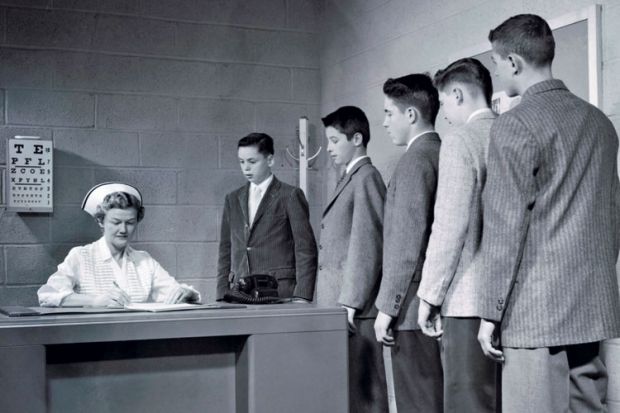Sudden illnesses, unlikely hardships and other tales of student woe always seem to pop up as assessment deadlines loom.
However, a study of about 2,000 German university students has confirmed what lecturers have long suspected: bogus excuses are more likely to be provided by badly organised students who procrastinate.
Students who put off doing their work until the last minute are also more likely to cheat in other ways, according to researchers at Bielefeld University in northwest Germany.
Those who admitted to a high level of procrastination were more likely to fabricate or falsify data, to use forbidden materials in exams or to copy from another person’s exam sheet, according to a paper published in the journal Studies in Higher Education.
They were also more likely to copy other students’ homework or to engage in other forms of plagiarism, the report says. However, the strongest association between procrastination and academic misconduct related to the invention of ailments or false excuses, with procrastinators 68 per cent more likely to lie about their circumstances than those who organised their time more effectively.
“Not only does academic procrastination have unfavourable effects on students’ well-being and academic successes, but it enhances the risk for engaging in academic misconduct,” the study’s authors conclude.
Overall, the study found that 75 per cent of students admitted to some form of academic dishonesty in the past six months, with copying others’ homework or essays the most common form of cheating. Male students were 31 per cent more likely to copy another person’s assignment, but women were 22 per cent more likely to copy in an exam, according to the study, which analysed responses from students in different disciplines at four German universities.
Universities could eliminate a great deal of academic misconduct if they established programmes to help students manage their time, the study suggests.
“It could be helpful to teach students to break their assignments down into small goals and deliberately allocate their resources to these goals,” it says.
“Academic teachers can serve as role models for students by explaining their strategies for working on different assignments, such as writing empirical articles or preparing oral presentations,” it adds.
后记
Article originally published as: On the sick list: the truth about deadline crises (25 June 2015)




